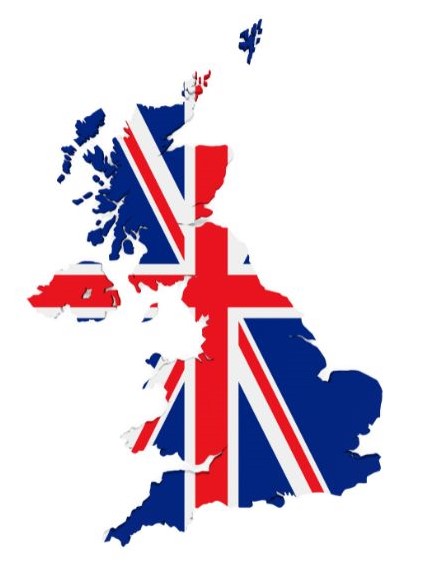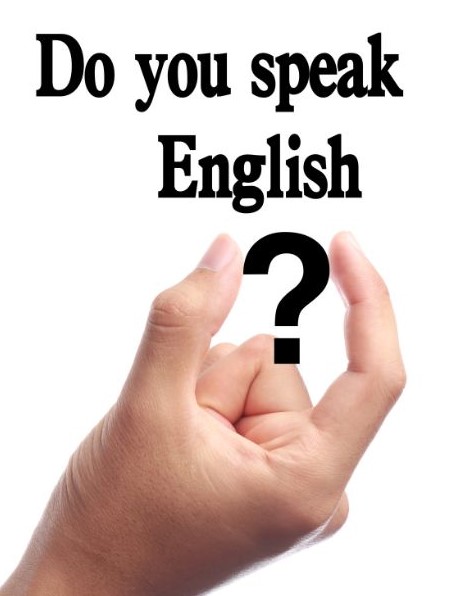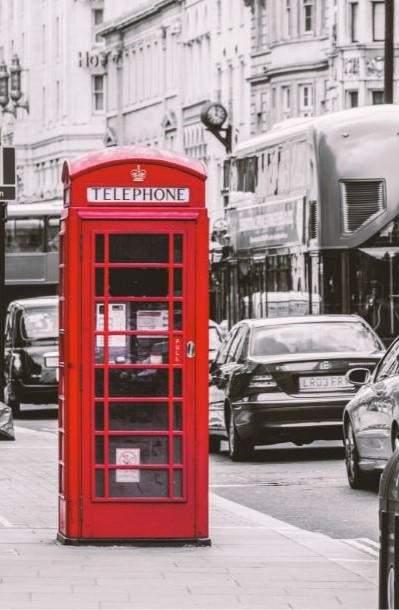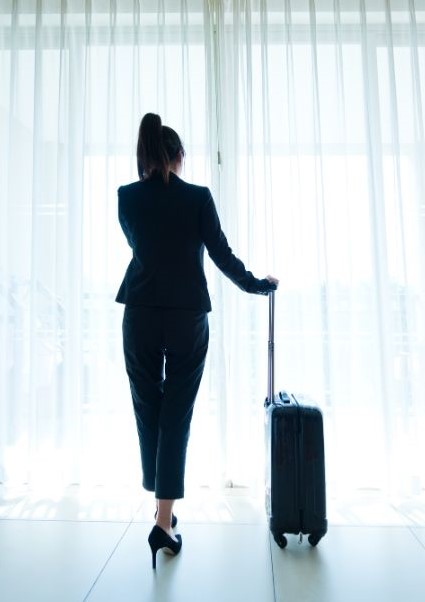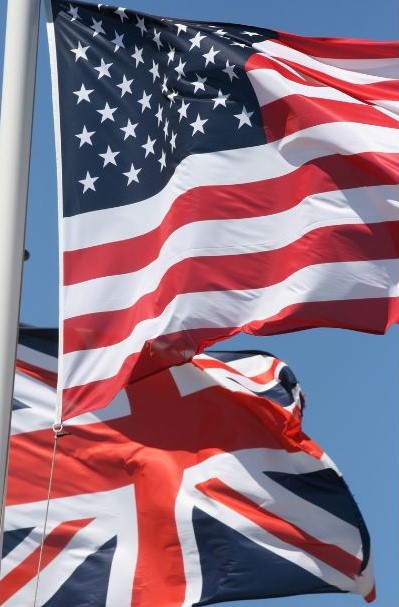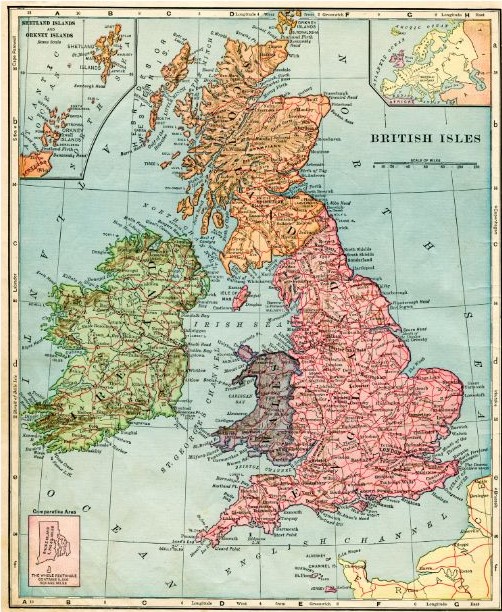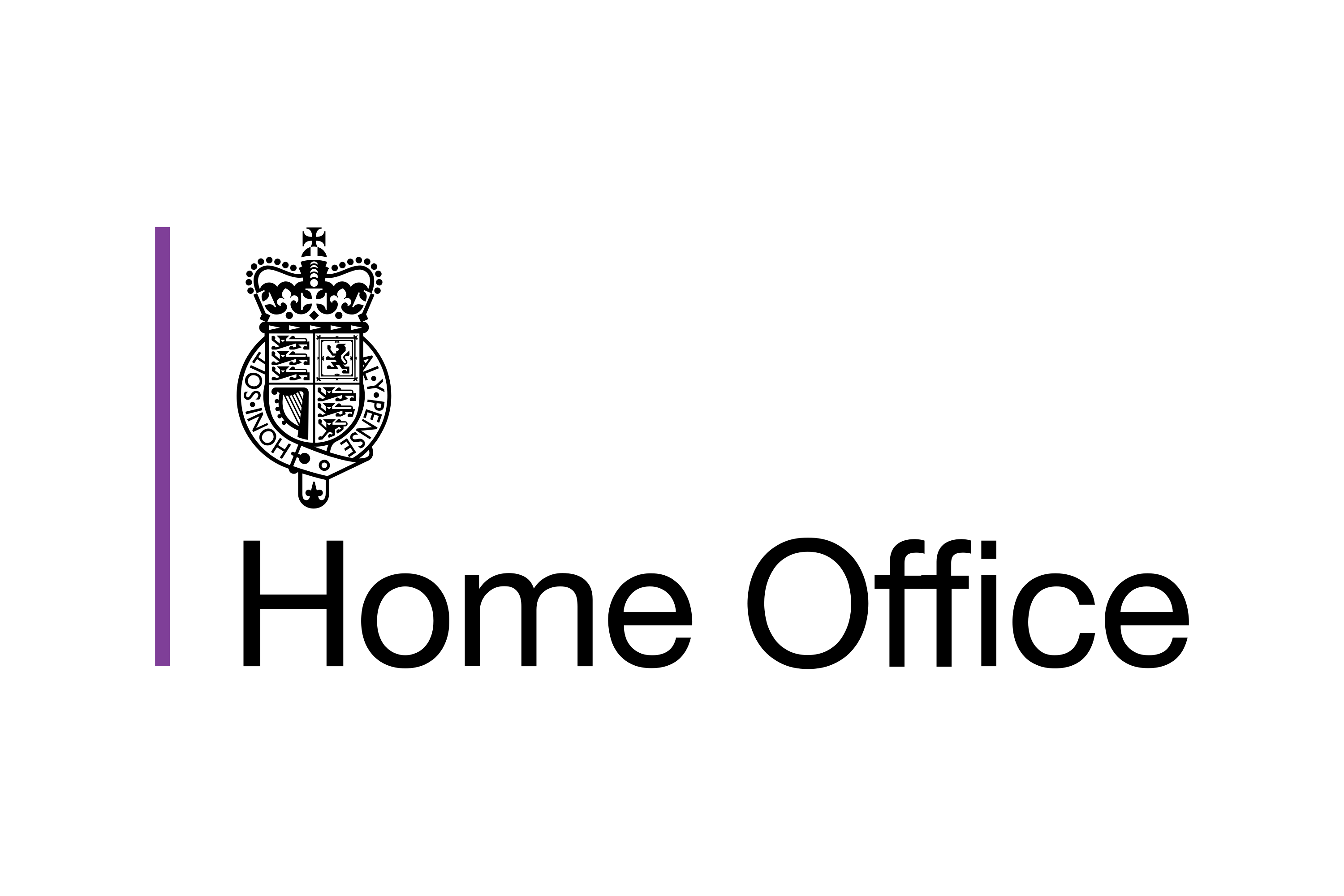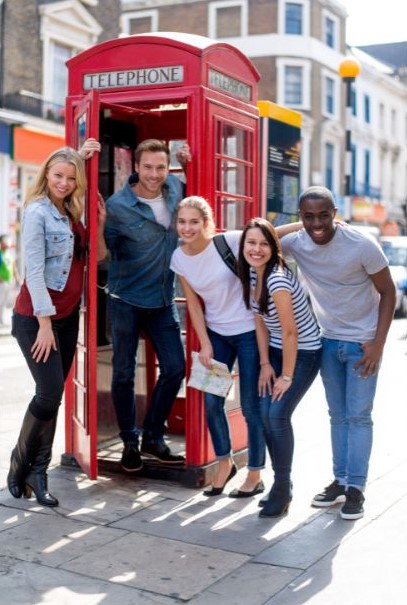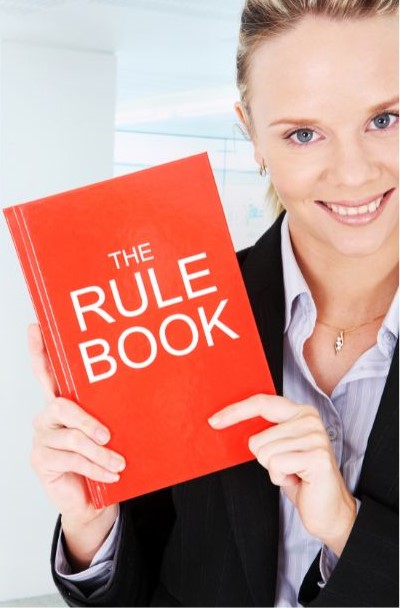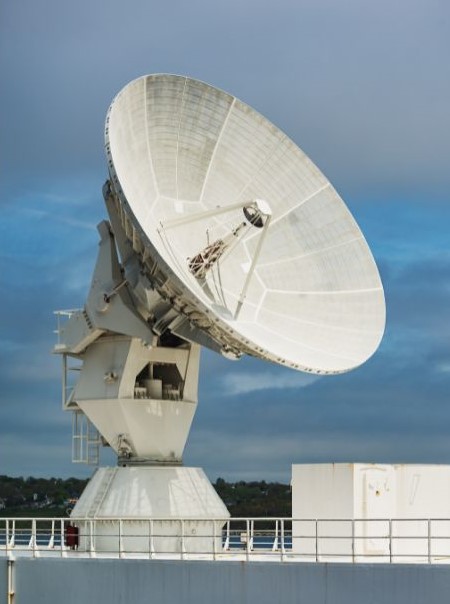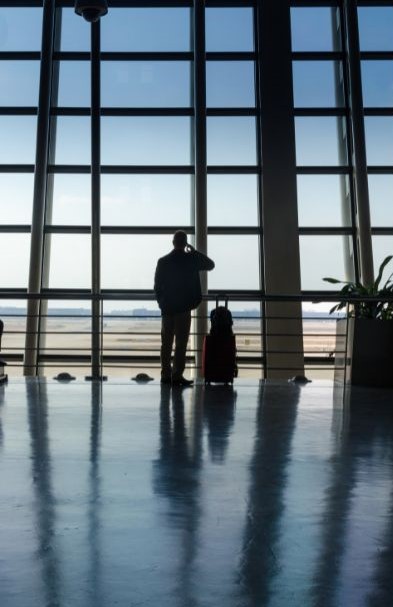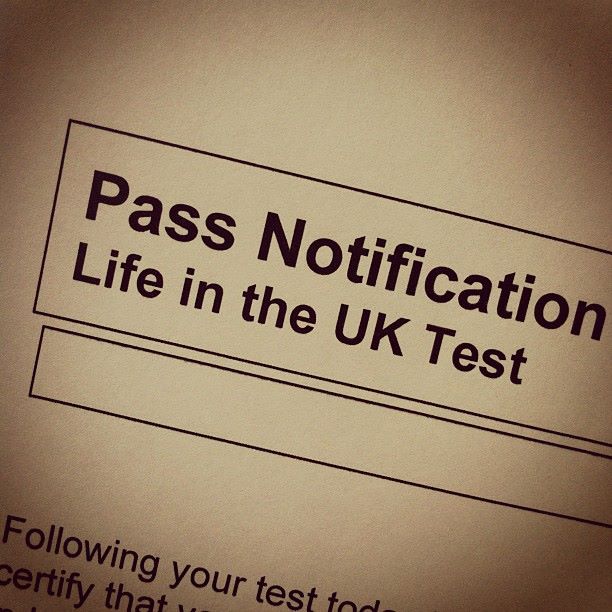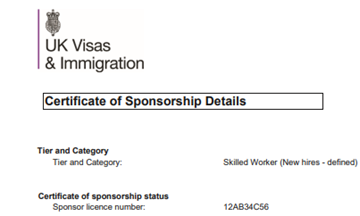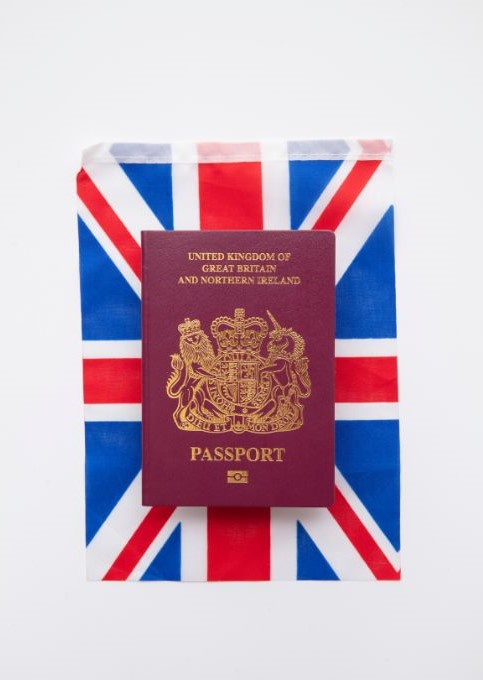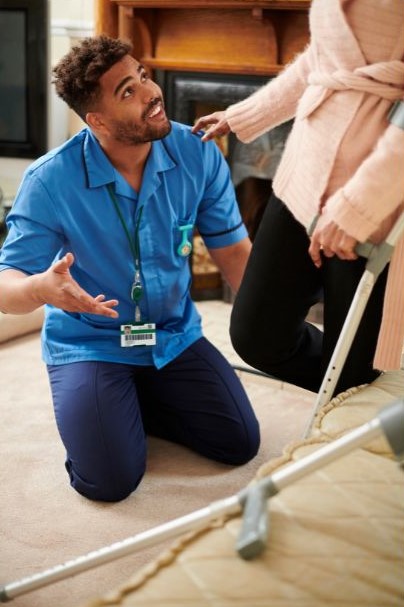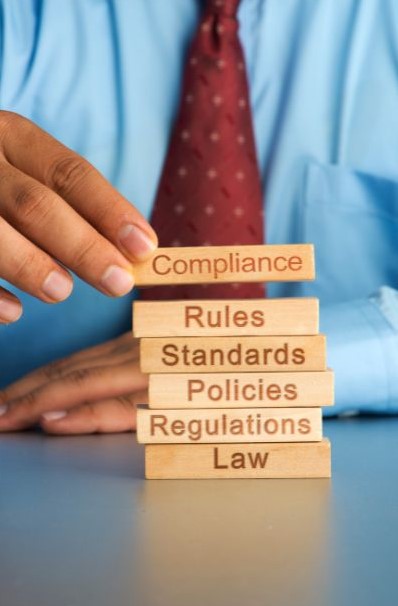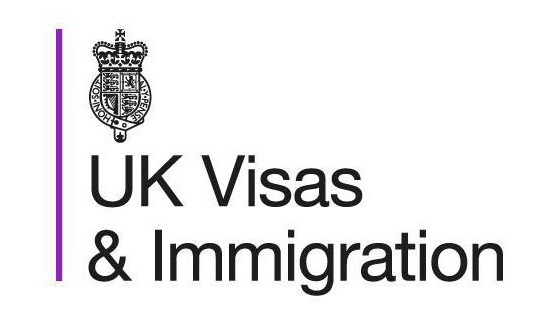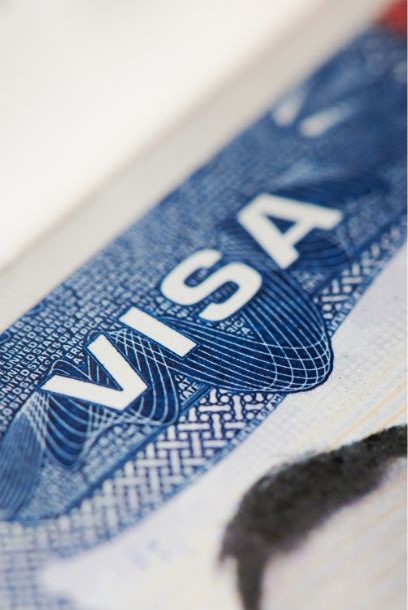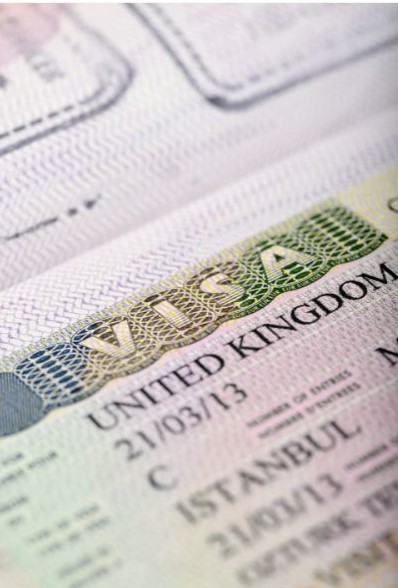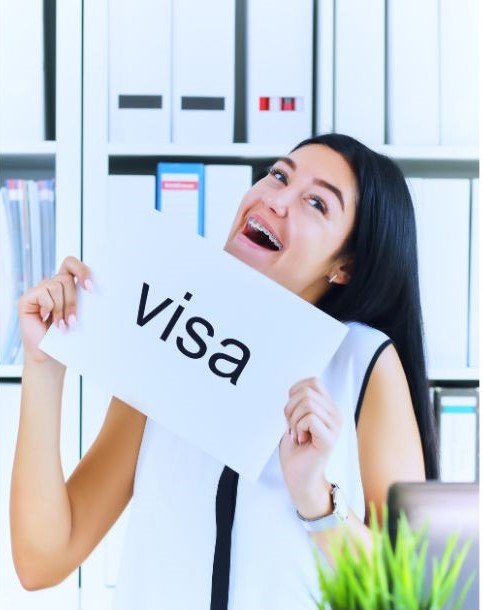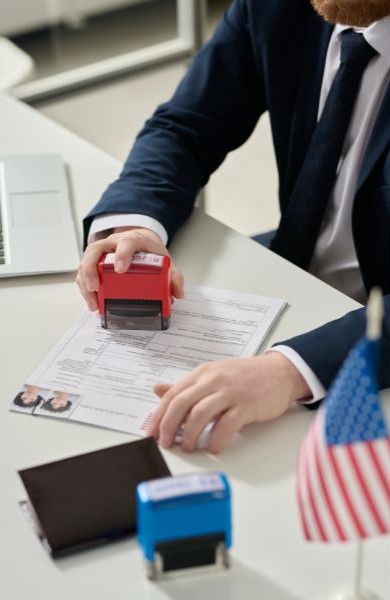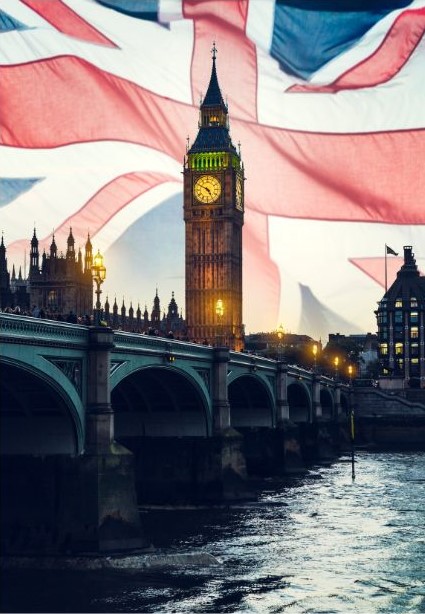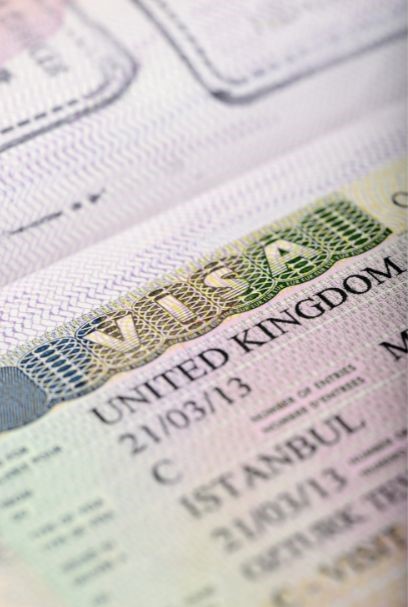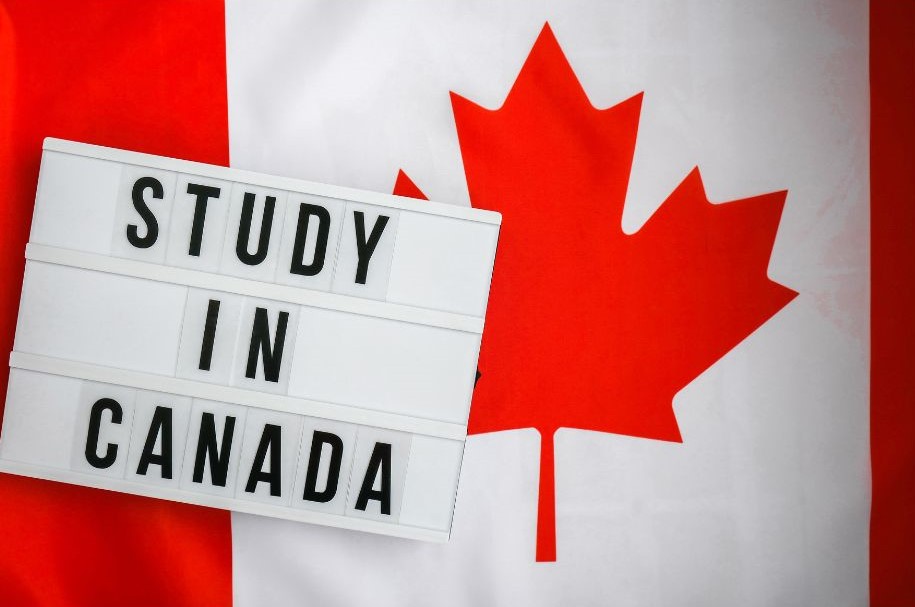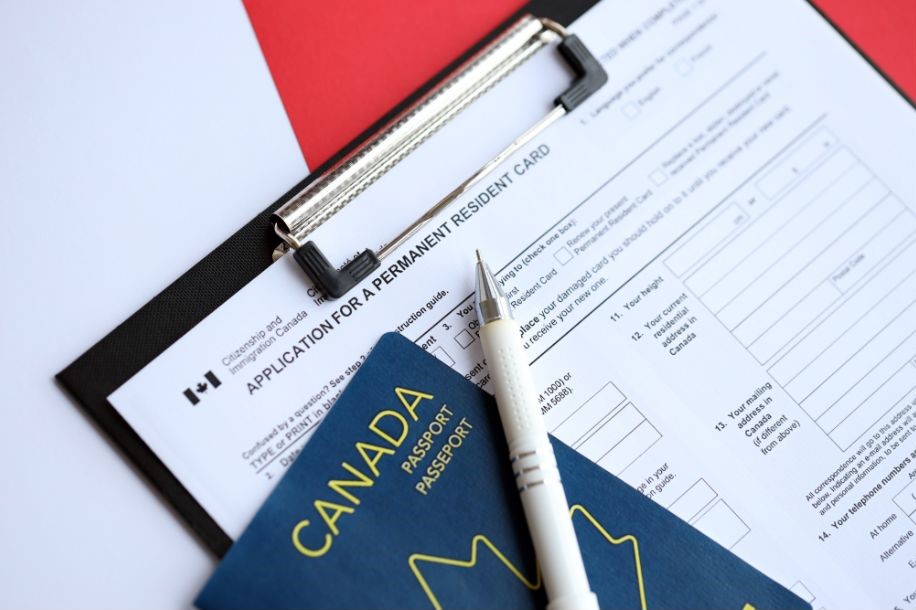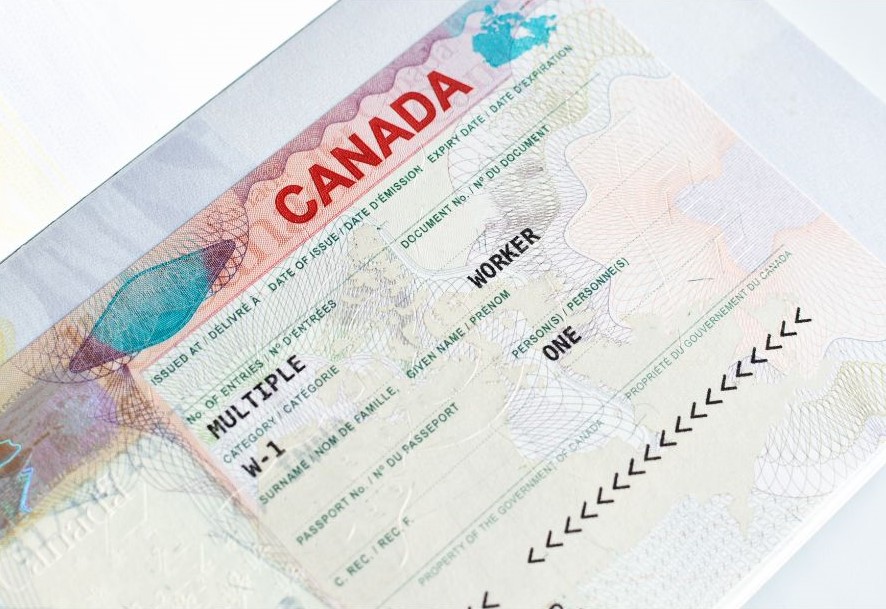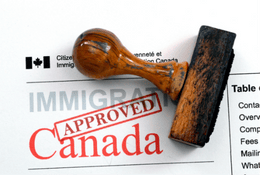All You Need to Know About Sponsor Licences
Why You Need Professional Immigration Consultants

In today's global economy, sectors like agriculture, tech, hospitality, and finance rely heavily on international talent to meet customer demands, drive innovation, and expand business. Since Brexit, recruiting talent from the European Union now requires the same sponsorship as for non-EU nationals.
Engaging experienced immigration consultants to manage your Home Office sponsor licence and stay abreast of regulatory changes is crucial for compliance and maximising the success of your application. Mistakes on your application can lead to refusal and a six-month cooling-off period, which could significantly impact your business plans.
Understanding Home Office Sponsor Licences
Formerly known as the Tier 2 sponsor licence, the sponsor licence allows UK-based businesses to hire skilled workers from abroad or from within the UK (those switching from other visas like Student or Youth Mobility). A recent update means once your licence is granted, it remains valid indefinitely unless UK immigration policies change or it is revoked due to non-compliance.
Steps to Obtaining a Home Office Sponsorship Licence
- Verify your business eligibility.
- Select the appropriate licence type.
- Appoint an Authorising Officer and a Level 1 user for SMS management.
- Apply online and pay the relevant fee.
Eligibility for a Sponsorship Licence
To apply for a Home Office sponsorship licence, your organisation must operate lawfully in the UK with a physical presence. For multiple branches, you can apply for a single licence to cover all linked entities or separate licences for each.
Proof of registration with relevant statutory bodies and planning permissions may be required. The Home Office needs assurance that you offer genuine employment in a skilled occupation and pay the correct salary rates as stipulated.
Individuals, except sole traders, typically cannot hold sponsor licences. However, sole traders can apply to sponsor a skilled worker within their business, although this can be more challenging.
Key Worker Licence Categories
- Skilled Worker: For those offered skilled jobs in the UK. Applies to all EEA and Swiss nationals from January 2021 unless they have pre-settled or settled status.
- Senior or Specialist Worker Visa (Global Business Mobility): For temporary transfers from overseas offices. Salary requirements and maximum stay conditions apply.
- Graduate Trainee Visa: For individuals in graduate training programmes.
- Sportsperson: For professional athletes and coaches.
- Ministers of Religion: For religious roles involving pastoral duties.
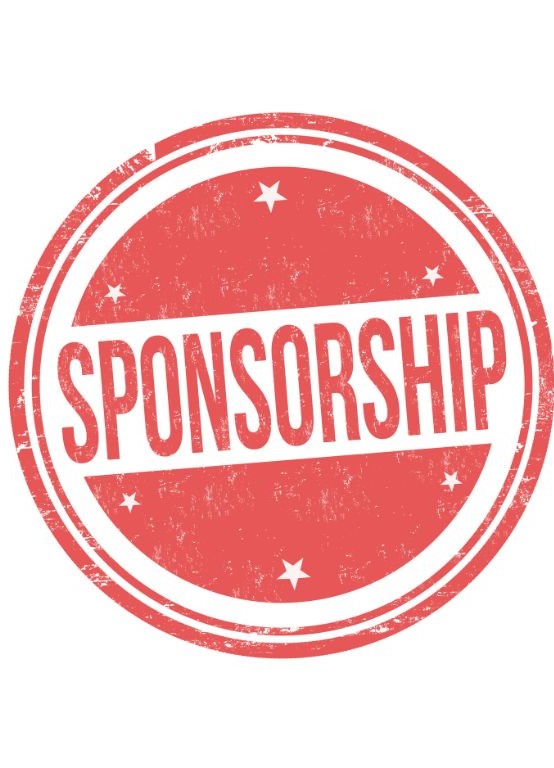
How to Apply for a Home Office Sponsor Licence
To apply, submit an online application form along with a minimum of four specified supporting documents proving your UK trading presence. A cover letter may be required. The Home Office may conduct a compliance visit, which can now be conducted online. Our team can perform a mock compliance audit to ensure your HR procedures meet requirements before the formal application.
Required Documents for a Home Office Sponsorship Licence
Most companies typically submit:
- Latest business bank statement
- Employer's liability insurance of at least £5 million
- VAT registration certificate
- Evidence of registration with HMRC
- Proof of premises ownership or lease
- Latest audited or unaudited accounts
For detailed advice and a tailored document checklist, contact our team, as specific requirements must be met depending on the company.
Costs of a Sponsor Licence Application
The cost of applying for a sponsor licence varies by the size and type of organisation. From April 2024, renewal fees are no longer required. Home Office sponsorship licence application fees are reviewed annually:
- Medium and Large Organisations: £1,476
- Small Organisations and Registered Charities: £536
A small sponsor is typically defined by meeting at least two of the following criteria:
- Annual turnover of £10.2 million or less
- Total assets worth £5.1 million or less
- 50 or fewer employees
Certificates of Sponsorship (CoS)
A Certificate of Sponsorship (CoS) is an electronic document generated via the Sponsor Management System (SMS) after obtaining a licence. It must be assigned to the migrant worker for their visa application.
- Defined CoS: For workers outside the UK.
- Undefined CoS: For those extending within the UK or switching visas. Requests for additional CoS can be made with a priority service available for an extra fee.
Sponsor Licence Ratings
Sponsor licences are rated as either A or B:
- A-Rating: Awarded to organisations that demonstrate robust systems and processes for compliance. Maintaining this rating requires ongoing adherence to sponsor duties.
- B-Rating: Issued if compliance issues are identified. Businesses must address these issues within a specified time frame to regain their A-rating. Severe breaches may lead to suspension or revocation of the licence.

Advantages of a Sponsor Licence
Holding a Home Office sponsor licence allows organisations to issue Certificates of Sponsorship (CoS) and hire skilled foreign talent, crucial for business growth in the post-Brexit landscape.
Validity and Processing Times
Sponsor licences are valid indefinitely unless compliance issues arise. Standard processing takes about eight weeks, with an optional priority service for faster processing.
Sponsor Licence Number
If your application is approved, your organisation will be issued with a unique sponsor licence number. The number is provided in your grant decision letter and visible on the SMS licence summary page.
Sponsor Licence Application Refusal Reasons
Common reasons for refusal include failure to pass compliance audits, inadequate policies, or missing documentation. If your application is refused, consult us for guidance on challenging the decision.
What to Do if Your Home Office Sponsorship Licence Application is Refused
A refusal typically triggers a six-month cooling-off period before reapplication. However, if you believe there was an error, you might submit a pre-licence error correction or, as a last resort, seek a judicial review. Our team can assist with challenging refusal decisions.
Cooling-Off Periods
Cooling-off periods vary based on the refusal reasons, generally six months. Specific cases, such as civil penalties for employing illegal workers, may extend this period.
Employing Migrant Workers Without a Licence
Employing workers without proper sponsorship can lead to civil penalties and criminal charges. Ensure you hold a valid sponsor licence to avoid these risks.
Why Choose Immtell?
As a regulated immigration consultancy, Immtell ensures your Home Office sponsor licence application is accurate, compliant, and successful. We also provide ongoing compliance support, helping you maintain your licence and focus on hiring the skilled talent your business needs.


